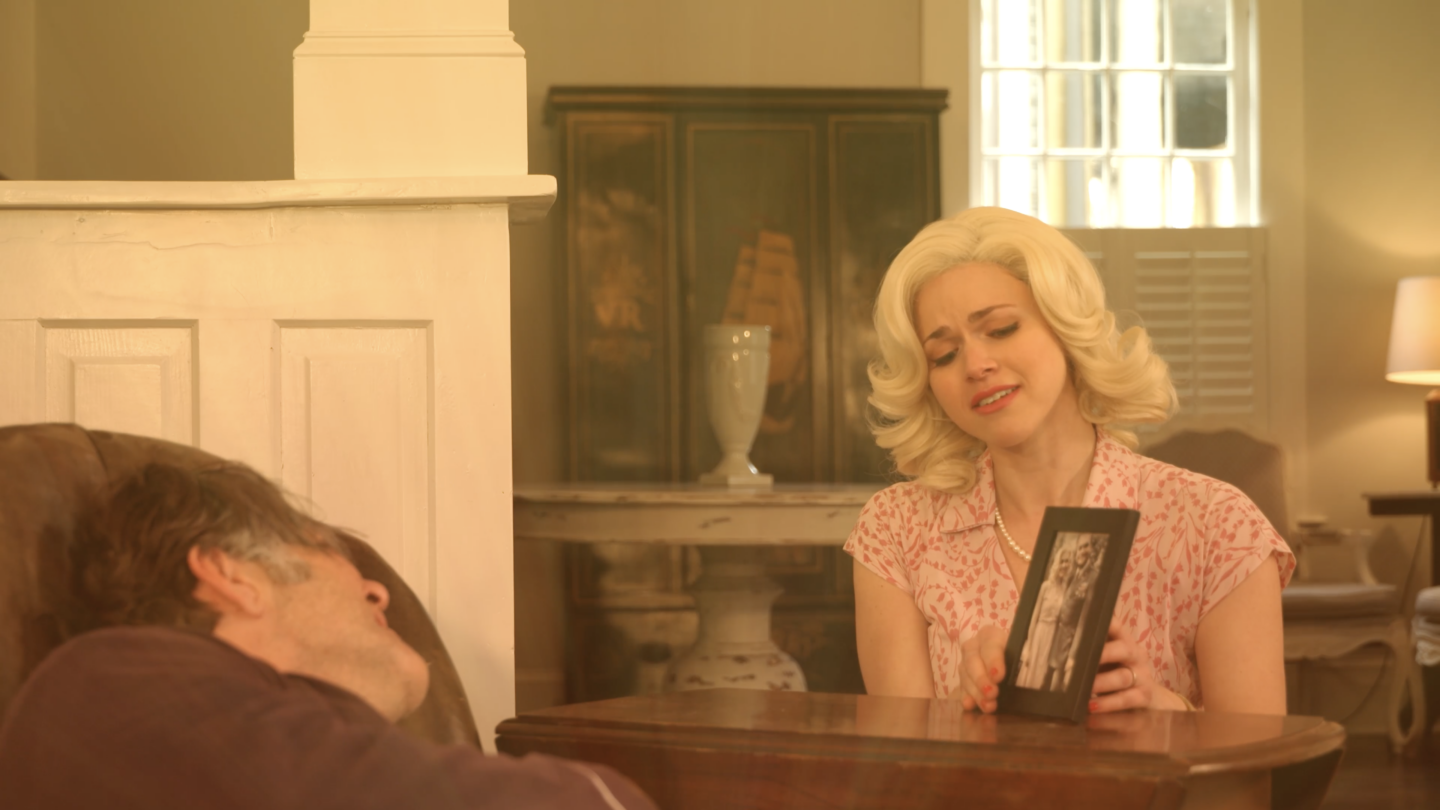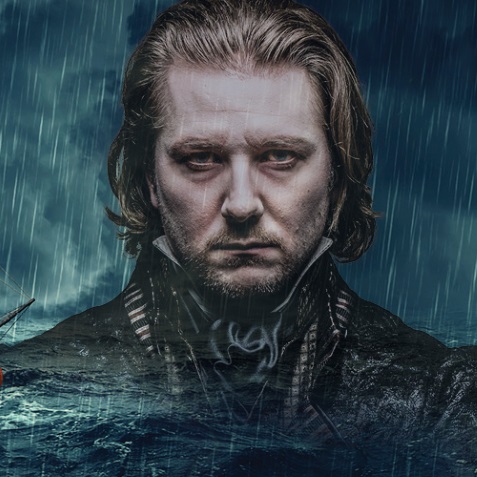Col. Jim Thompson was America’s longest-held prisoner of war. An Army Special Forces captain, Thompson was captured in March of 1964 when the small plane he was riding in was shot down over Vietnam. He was held prisoner for the next nine years and released in March of 1973. Thompson’s story, including the troubled life he led upon returning to the U.S., is told in Tom Phillpott’s book, “Glory Denied,” adapted into an opera created by Tom Cipullo.
The Atlanta Opera had planned to perform “Glory Denied” in the spring of 2020, but the pandemic hit, quarantine followed and the company decided to create a full recording and film, which were released this past Veteran’s Day. “City Lights” host Lois Reitzes was joined via Zoom by the Atlanta Opera’s artistic director Tomer Zvulun and filmmaker Felipe Barral, who co-directed the film adaptation, “My Darling Jim.”
The aftermath of Jim Thompson’s harrowing ordeal in captivity:
“He came back to a country that he was away from for almost a decade, and that was a very busy decade where a lot of things happened, and not only in the world and in America, but also in his family,” said Zvulun. “He came back to a wife that, at this point, thought he died and was already with another man … It was a very difficult return to what he thought would be a glorified return, but that glory was denied of him.”
“There’s actually a catalogue aria in there when he actually goes through all the changes that the world has seen and lists them — from political changes to cultural changes, cinema, TV, music, people with long hair, drugs. Those were very tumultuous years, and coming back after being absent for so long, I think, would be shocking, especially considering the time period,” Zvulun said.
Why “Glory Denied” merits multiple adaptations:
“It’s really a biopic of this person, Col. Jim Thompson, but it’s also very universal in that it tells us the stories of so many veterans that come back from kind of an odyssey, and a journey that is so difficult — away from family, from the world as we know it,” said Zvulun. “Then they come back, and they don’t fit in. They feel like they’re outsiders. That’s the quintessential universal story of veterans, whether they’re here or elsewhere, not just in this country — and I find that to be profoundly topical.”
“The piece that is so important for our society is the fact that so often, their families and society at large don’t completely understand or know what they’ve been through because it’s difficult to talk about it,” Zvulun said. “What those stories, via books or operas or musicals or theater, do, is that they provide a platform, a way for those veterans to share some of their experiences. Not only for themselves … but also for their families to understand what they’ve been through.”
The vivid perspective film brings to Thompson’s story:
“What was fascinating to focus on in the short film was also the wife; what young Alice was in Thompson’s vision or idea or dream, and what was the reality, and how that changed,” said Barral. “The treatment that we wanted to do [was] a combination of real footage with a little bit of texturized colors, to bring different worlds and bring you into his mind, feel what he’s feeling and make you, at the end, feel something as well.”
“I think when you ended up watching the film, and you feel the heartbreak and the hopes that were broken, the love that got distanced in the relationship, and the hardship of the war, and the drama of that horrific experience, that’s the ultimate goal,” Barral said.
The Atlanta Opera’s complete recording of “Glory Denied” is now available to stream on Apple Music and Spotify. The short film adaptation of the opera, titled “My Darling Jim,” is available to stream for free from the Atlanta Opera’s website here.








